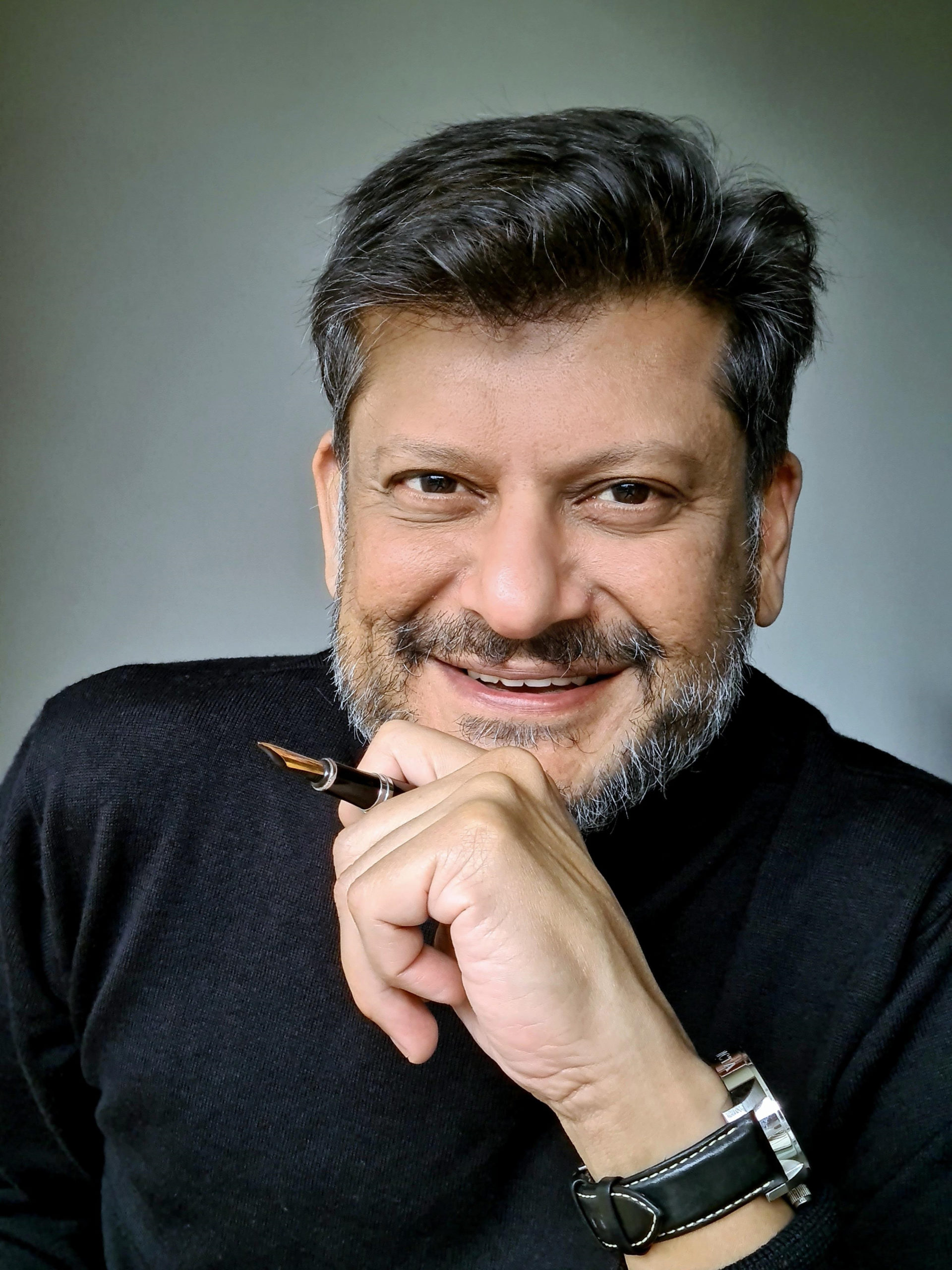Looking back at the 80s and 90s, scholarly publishing was highly racialised. Drawing the veil of scholarly ability, white academics policed publishing in this sector for the greatest part of the last century.
In the dark days of apartheid, Black scholars were confined to historically disadvantaged universities, where there existed a smattering of white, mostly third-rate academics, who couldn’t find employment at universities reserved for their scholarship.
The reason I raise this contentious point is that these white academics were often placed in positions of doctoral and post-doctoral supervision. This frustrated Black advancement at post-graduate level, and I am aware of one instance where a sound scholar of colour was academically tortured by his supervisor into taking a decade to not complete his PhD. The battles your accomplished keynote speaker from Columbia University, Prof Mahmood Mamdani, with the also rans white academy at the University of Cape Town, bears testimony. In the late 1990s, Mamdani tried to spearhead a process of academic transformation at UCT which ended badly. The “Mamdani Affair”, as it came to be known, culminated in Mamdani’s suspension and eventual resignation, with the scholar terming UCT’s Centre for African Studies “a new home for Bantu education”.
Additionally, certain fields of academic endeavour were exclusionary to people of colour – architecture, astronomy and post-graduate physics comes to mind. And in my own instance, journalism. I was denied ministerial permission to study journalism at Rhodes University, despite it being the only university in South Africa offering that degree at the time. Instead, I pursued a commerce degree at the University of Durban-Westville, confined for my race.
Thousands of others were denied access to their fields of interest, effectively redirecting and thereby limiting and dumbing down the Black academy. Also in the humanities, research was not permitted into liberation history and theory, amongst a host of other fields of academic endeavour.
So, fields of discipline that a Black scholar wished to pursue were not always accessible. And if they were, it was subjugated by the bias of supervision that Black scholarly output was sub-standard and hence unworthy of publishing.
So, whilst this played out within the apartheid state structures, it was analogous with the many academic associations that became their racist handmaidens.
Post democracy, there emerged a growing number of academics of colour rising through the ranks and occupying decision-making portfolios in spaces they were previously denied access to. Both within the State and the academic associations, with the latter rather grudgingly accommodating academics of colour.
However, the rules, rightly or wrongly, remained largely unchanged with the point weighting on publishing a monograph far outweighing that of a research journal article. Publishing chapters in books then became de rigueur and afforded scholars more access to publishing.
However, and sadly so, certain Black academics, so appointed, resisted transformation efforts and instead became the gatekeepers themselves, defending their positions on the very same basis as their predecessors. Thus, the advent of so-called predatory journals and sub-standard publishing endeavours became the means by which emerging academics could build a publishing portfolio albeit problematic for promotion and scholarly rigour.
Which brings me to the question of the monopoly of prescribed texts in various faculties. Why are the same texts being prescribed perennially as the required authority on the subject? Failure to accede to that trend of research and thought results in a fail and the intellectual stunting of the student. The argument of differing, yet published views, is also unacceptable in order to maintain the monopolistic status quo of the thought process in a given field. So, how do we, as scholars, expand our thinking?
Why should a single textbook dominate an academic subject? How do we engender critical thinking and intellectual development if our students are only limited to a single text? But bringing the debate to a present-day perspective, I have personally witnessed how another form of predatory publishing occurs and is contemporaneous as we convene.
My daughter, a post-grad at UCT, did some innovative research into the strength of the stokvel market and its spending trends. Painstakingly going out to interview gogos and supermarket executives, gaining new knowledge as she researched. May I at this point offer a disclaimer? Having a writer as a father, she did involve me in the editing process.
So, after getting her distinction, she gets an offer from her supervisor to publish “certain elements” of her research in a prestigious London-based economic journal, with the offer to make her co-author.
She accedes and then receives the final article, in which all he did was take her conclusion paraphrase it in the introduction and add his name before hers... Now how does this work? Have we been recolonised? Who is really benefitting from this continuing practice in the academy? Definitely not the student!
So, in answering the question at hand, I would like to offer some advice to emerging academics. Preparing a first manuscript is a daunting task for any academic and access to publishing will be gatekept. The choice of one’s supervisor is a critical aspect. The thorough research of the supervisor and their fields of expertise is critical in order not to frustrate one’s academic career. And may I, daresay, one of the benefits of apartheid, was that leading academics of colour benchmarked themselves against leading global scholars, instead of those that were thrust upon us. Many researchers who published during apartheid did so internationally to widely acknowledged acclaim. Prof Bharuthram from my alma mater, the University of Durban-Westville is a case in point.
So, whilst it is our collective objective to build an African body of research and knowledge, in many fields, international benchmarking is advantageous from a reputational and grant application perspective. However, we need to challenge the prevailing Global North publishing paradigm as the academic publishing landscape becomes open and more inclusive of Global South voices.
So, where to from here?
I wish that organs of state and academic associations are more transparent in their endeavours and that there is a carefully chartered mentorship programme to include, rather than exclude, emerging academics entering scholarship.
Maybe this forum should demand it?

